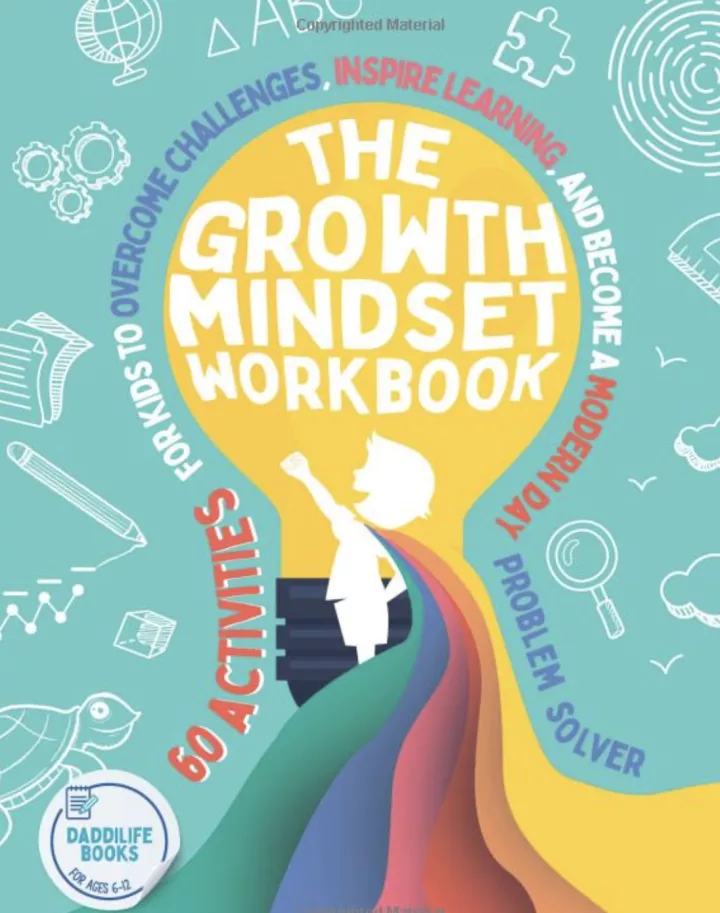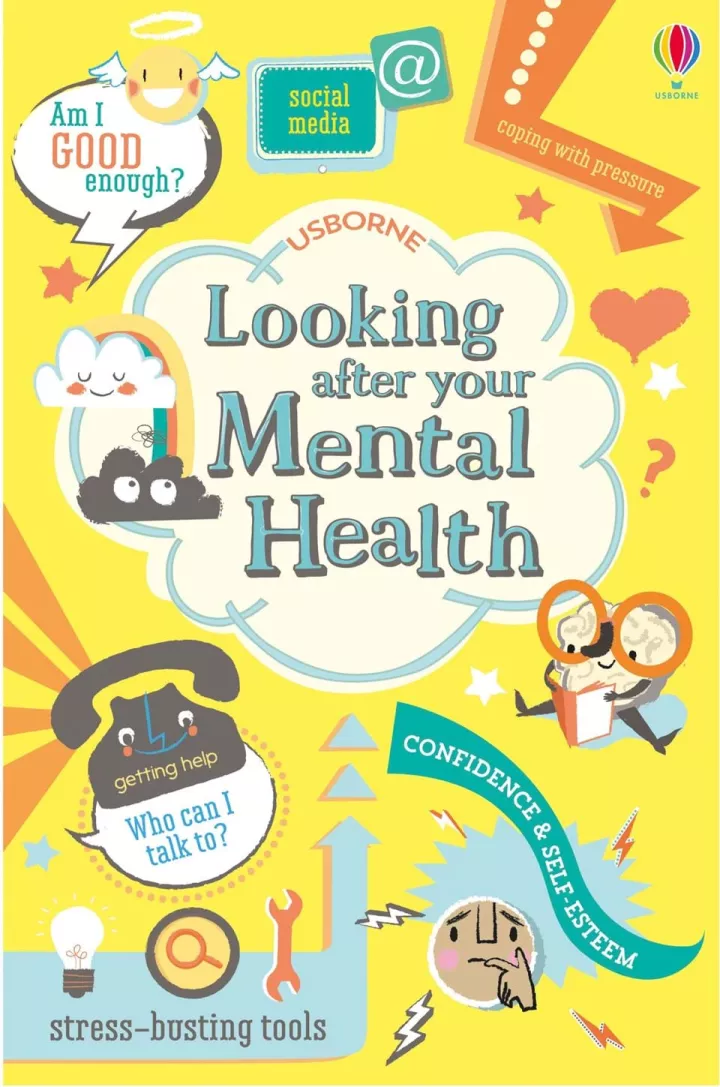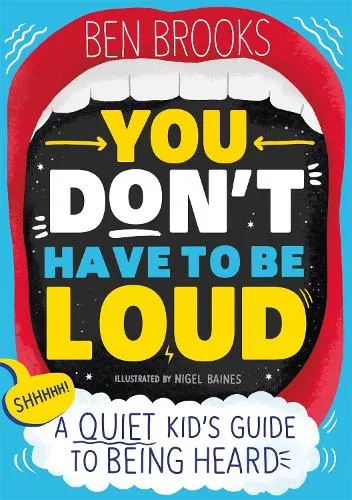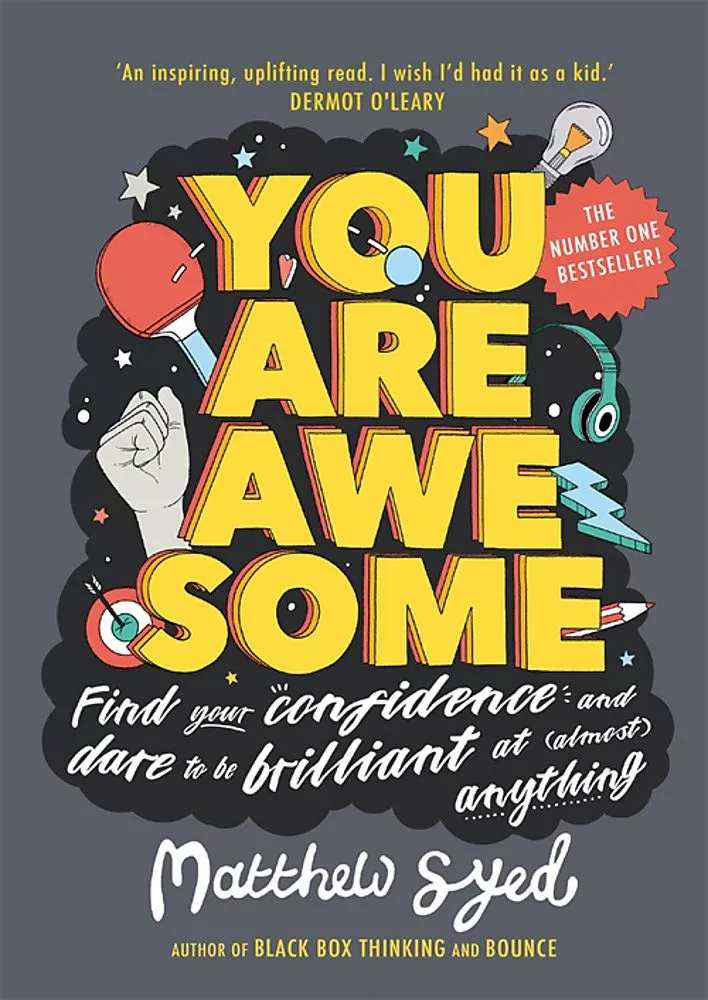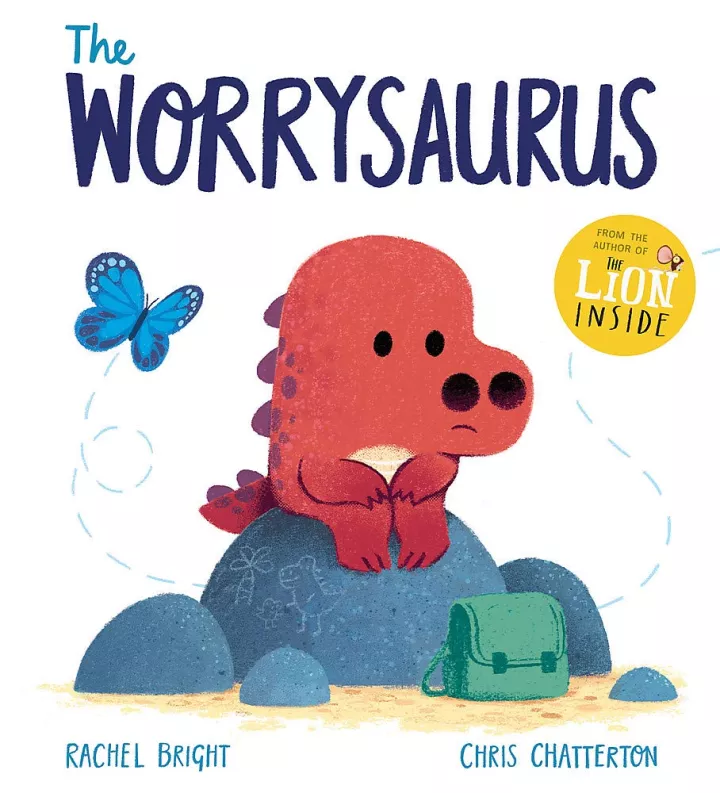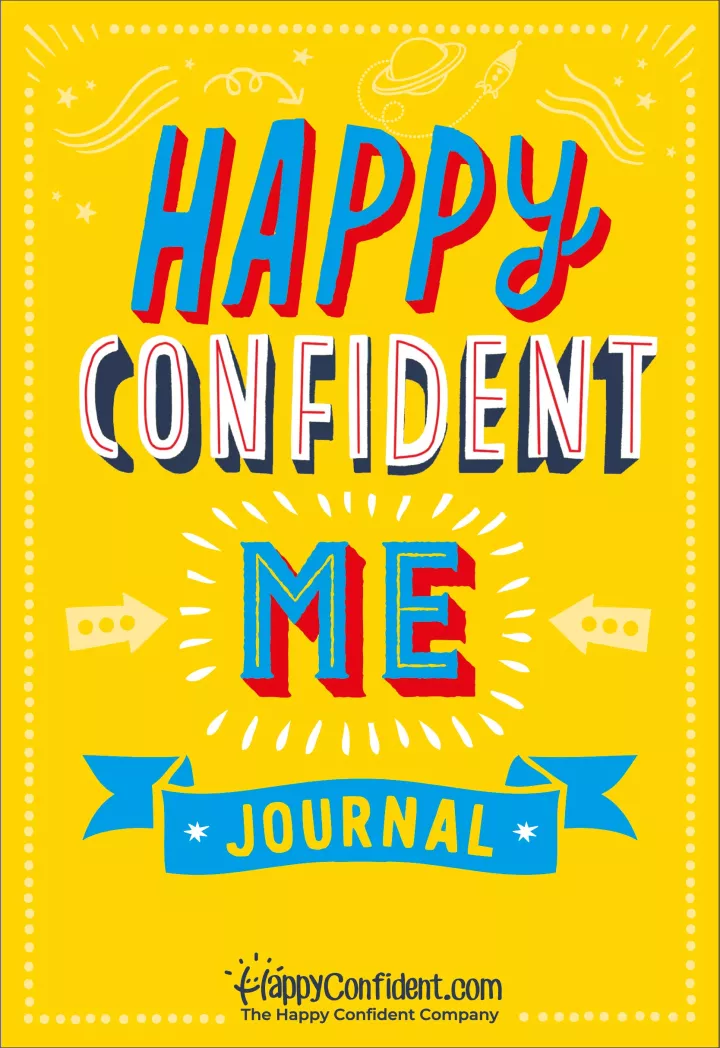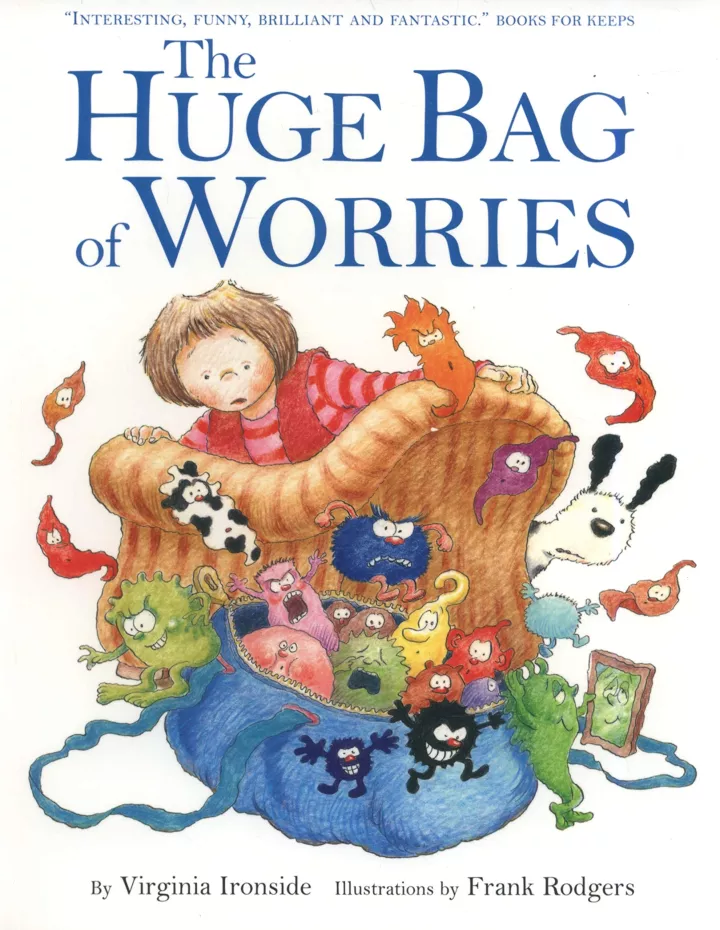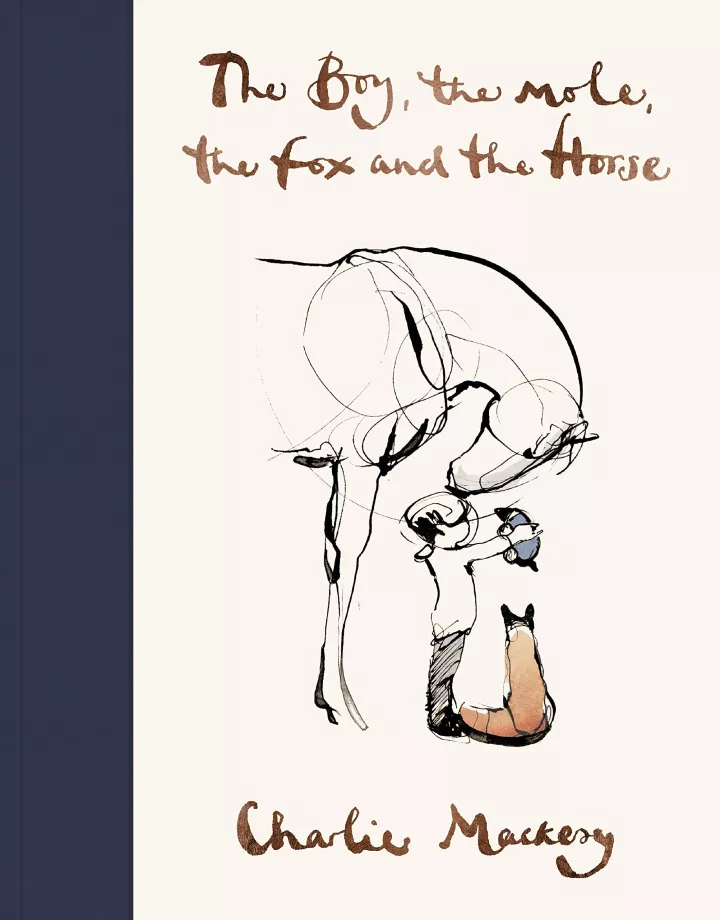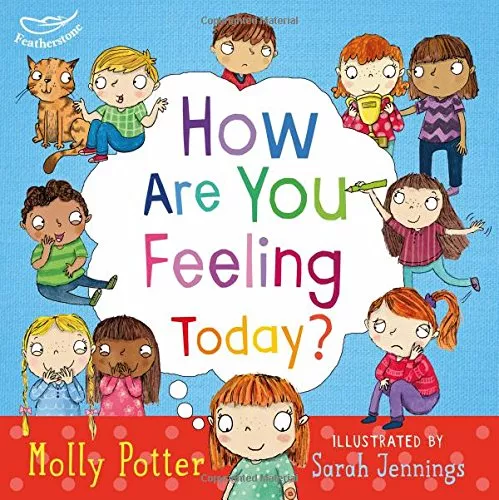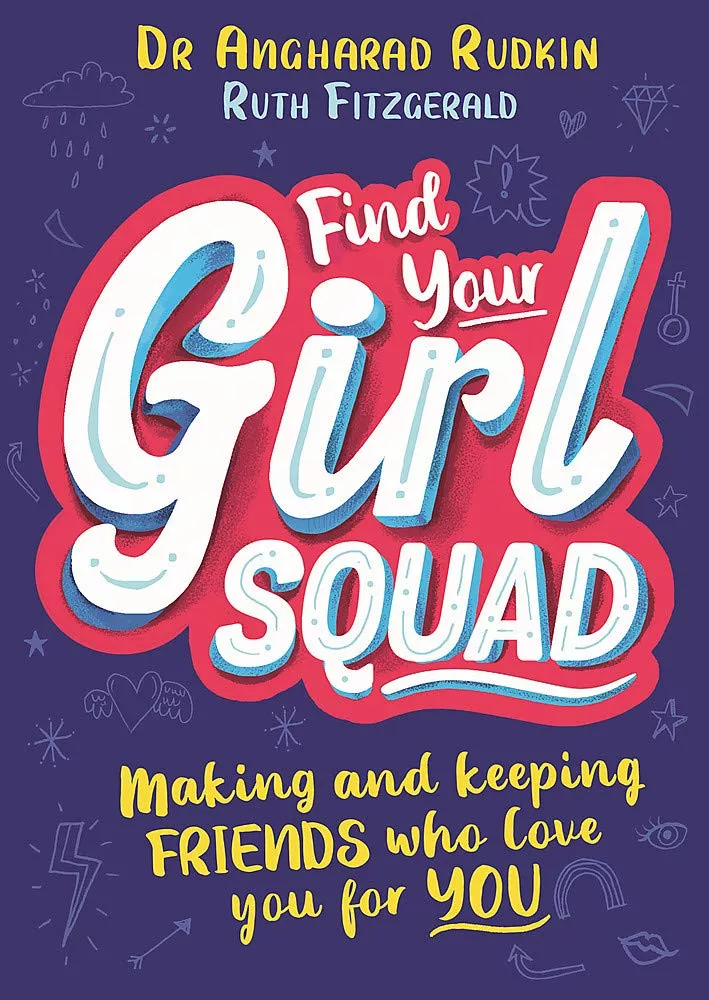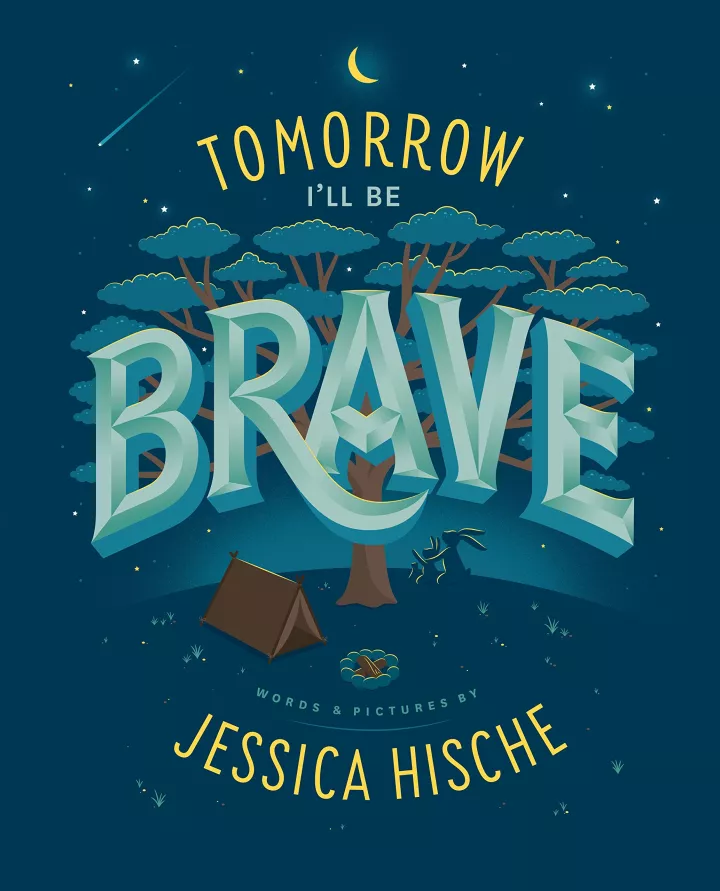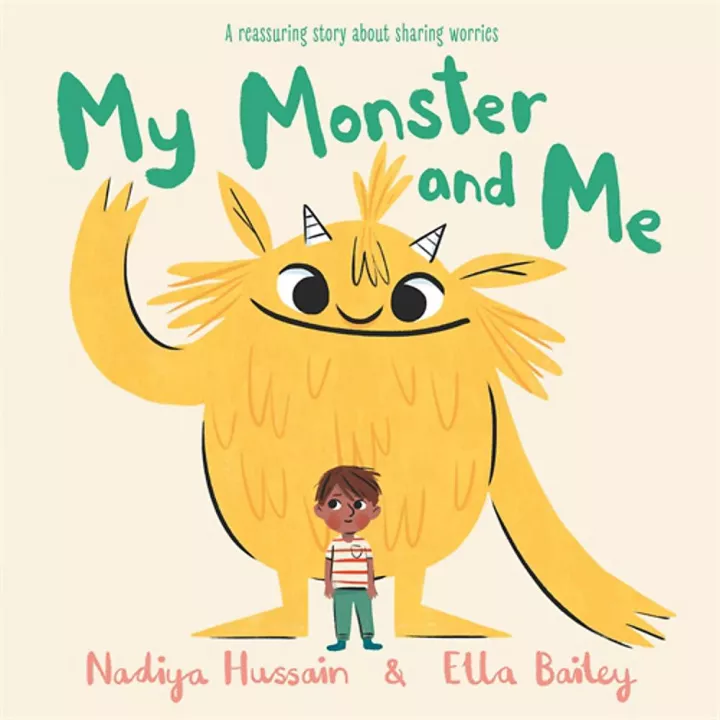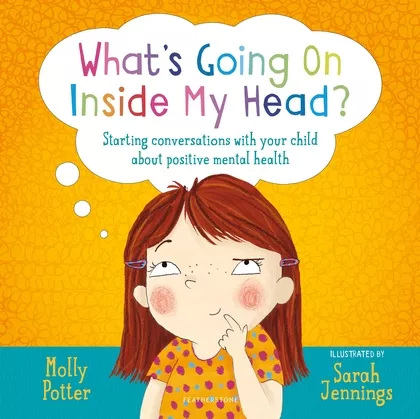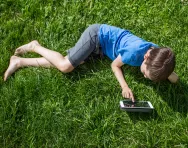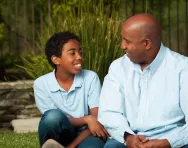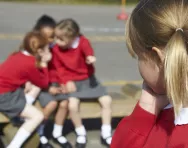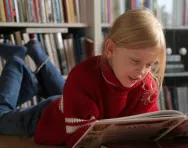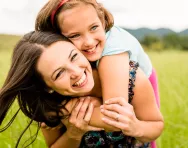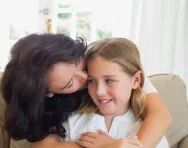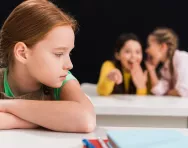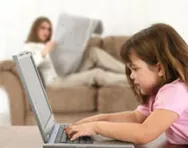Important update from TheSchoolRun
For the past 13 years, TheSchoolRun has been run by a small team of mums working from home, dedicated to providing quality educational resources to primary school parents. Unfortunately, rising supplier costs and falling revenue have made it impossible for us to continue operating, and we’ve had to make the difficult decision to close. The good news: We’ve arranged for another educational provider to take over many of our resources. These will be hosted on a new portal, where the content will be updated and expanded to support your child’s learning.
What this means for subscribers:
- Your subscription is still active, and for now, you can keep using the website as normal — just log in with your usual details to access all our articles and resources*.
- In a few months, all resources will move to the new portal. You’ll continue to have access there until your subscription ends. We’ll send you full details nearer the time.
- As a thank you for your support, we’ll also be sending you 16 primary school eBooks (worth £108.84) to download and keep.
A few changes to be aware of:
- The Learning Journey weekly email has ended, but your child’s plan will still be updated on your dashboard each Monday. Just log in to see the recommended worksheets.
- The 11+ weekly emails have now ended. We sent you all the remaining emails in the series at the end of March — please check your inbox (and spam folder) if you haven’t seen them. You can also follow the full programme here: 11+ Learning Journey.
If you have any questions, please contact us at [email protected]. Thank you for being part of our journey it’s been a privilege to support your family’s learning.
*If you need to reset your password, it will still work as usual. Please check your spam folder if the reset email doesn’t appear in your inbox.
The best mental health books for kids
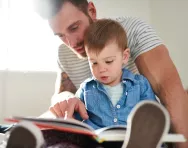
The Growth Mindset Workbook
(£12.49, Daddilife Books)
We all want our children to be resilient and confident, but it can be tricky to know how to instil these valuable qualities from a young age. This is where The Growth Mindset Workbook comes in. It combines reading with activity, which will ultimately embed a lesson into your little one's mind more than simply listening to instructions. This book is full of fun, confidence building activities that encourage children to consider what they're good at and reframe their perspective on what they're 'bad at' so that they have a strong, positive outlook on the world and on their capabilities.
Looking after your Mental Health by Alice James and Louie Stowell
(£6.99, Usborne)
What makes us feel emotions? Why do some people bully others? How do I cope with exam stress? These are just a few of the questions answered in Looking after your Mental Health, a hugely helpful manual for children going through puberty and beyond. It explains the science behind why we feel what we feel, and covers important topics like body image, social media, and depression and anxiety. Written in an accessible but not patronising tone, with checklists and bullet points, it’s a must-read for kids as they approach their teen years.
You Don't Have to be Loud by Ben Brooks
(£9.99, Hachette Children's Group)
'Being shy is not a failure. And being quiet is not a weakness.' Find out why some people are shy, and why it's not such a bad thing. You'll discover that half of all adults (including many celebrities) consider themselves shy, and you'll delve into the hows and whys in this charming and wonderfully illustrated book by Ben Brooks, author of the Dare to be Different titles. His open and honest reflections about his own experiences with self doubt and social anxiety offer a relatable narrative that young people can easily access and understand. It's a positive message with a sympathetic voice that will help both adults and children understand, accept, and maybe even embrace, the complicated elements of 'shyness'.
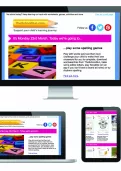

Start a unique learning programme!
- Weekly programme for each school year
- Worksheets sent direct to your inbox
- Keeps your child's learning on track
You are Awesome by Matthew Syed
(£9.99, Wren & Rook)
Resilience – the ability to overcome setbacks and persevere when things are hard – is a big watchword in educational settings. In You are Awesome, former table tennis Olympian Matthew Syed focuses on building children’s confidence and sticking power, helping them believe in themselves and bounce back from mistakes. The book includes stories from Matthew’s own past, developing from a sports novice to representing Great Britain, as well as those of famous ‘failures’ like Steve Jobs and Dwayne Johnson. With lots of examples, illustrations and bullet points, it’ll help your child believe in their own abilities and develop self-esteem.
The Worrysaurus by Rachel Bright and Chris Chatterton
(£6.99, Orchard)
A lovely rhyming picture book for the early years, The Worrysaurus helps young children identify and overcome their worries through the story of an anxious little dinosaur, who plans a picnic but then starts to fret about everything that could go wrong. It will help your child understand not just the emotions involved in worrying, but also the physical sensations (‘his knees – they turned to jelly’). It introduces very simple coping strategies, too, such as talking to a parent and holding comforting objects: ideas they can draw on now and in the future.
Happy, Confident Me Journal by Nadim Saad
(£18.99, The Happy Confident Company)
Journaling has been proven to help people’s mental health, and the Happy Confident Me Journal is the perfect place for children aged seven to 12 to get started. It encourages your child to fill in their journal every day – it only takes five minutes – noting the emotions they’ve felt and experiences they’ve had. There’s an inspirational quote every day from people ranging from Thomas Edison to Taylor Swift, and at the end of each week, there’s an activity like making a rainy day list, with space to write or doodle. And for every journal bought, another is donated to a vulnerable child through schools and charities.
The Huge Bag of Worries by Virginia Ironside and Frank Rodgers
(£6.99, Hachette Children’s)
Jenny has always been happy, but suddenly she’s started to worry about everything: her body, her schoolwork, playground gossip, even wars and bombs. The result: a huge bag of worry monsters that weighs her down everywhere she goes (even to the toilet!). The bestselling book helps young children understand anxiety and how to cope with it, as Jenny discovers ways to offload her bag of worries and feel lighter and brighter. With charming illustrations and a simple message, The Huge Bag of Worries is a gentle introduction to mental health that will help children understand and cope with the things that make them stressed.
The Boy, the Mole, the Fox and the Horse by Charlie Mackesy
(£16.99, Penguin)
The Boy, the Mole, the Fox and the Horse is a beautiful foray into human emotions told through pen and ink sketches and the author’s own handwriting. Written as much for adults as for children, the story follows four unlikely friends who, together, come to understand more about their hopes, dreams, strengths and weaknesses. Many of the truisms will strike a chord, such as, ‘Being kind to yourself is one of the greatest kindnesses,’ and the underlying message is one that you and your child can take with you throughout your lives: that nothing matters more than love. This book is one to share together – don’t be surprised if you need to wipe away a tear.
How are you Feeling Today? by Molly Potter and Sarah Jennings
(£10.99, Featherstone)
Children often struggle to make sense of their emotions, recognise how they feel and understand how to deal with their feelings. How are you Feeling Today? is a practical guide to emotional literacy, beginning with a really helpful index system: ‘If you are feeling happy, turn to page 6… If you are feeling sad, turn to page 18,’ and so on. When your child flips to the relevant page, they’ll find lots of suggestions to help them process what they’re feeling, ranging from distraction techniques to mindfulness exercises and more. This book is perfect for keeping on the bookshelf and coming back to again and again as your child learns to navigate the big feelings they’ll encounter throughout childhood.
Find Your Girl Squad by Dr Angharad Rudkin and Ruth Fitzgerald
(£7.99, Wren & Rook)
Subtitled ‘Making and keeping friends who love you for you,’ Find Your Girl Squad is a must-read for pre-teen girls navigating the tricky terrain of friendships. The book interweaves self-help advice on everything from being true to yourself to tackling bullying with the story of Poppy, a young girl discovering how friendships work and how to stay true to herself. It’s both readable and practical, drawing on the techniques of graphic novels, and has a useful index at the back where your daughter can look up advice on topics like embarrassment, group chats and peer pressure.
Tomorrow I’ll Be Brave by Jessica Hische
(£6.99, Upside Down Books)
In this rhyming picture book, a little rabbit makes plans for all the things she’ll try to be the next day: adventurous, strong, creative, smart and more. The bold illustrations are colourful and captivating, and the book gives children examples of how they can be their best self, for example by learning new things and thinking before they act. Tomorrow I’ll Be Brave encourages positivity and self-belief – two of the foundations of good mental health – but also helps children understand that it’s okay to try, fail and try again.
My Monster and Me by Nadiya Hussain and Ella Bailey
(£6.99, Hodder Children’s Books)
Former Great British Bake-Off winner Nadiya has spoken openly about her struggles with panic disorder, and in My Monster and Me she addresses the issue of childhood anxiety in the form of a monster who follows a young boy everywhere he goes and gets in the way of him playing with his toys and going out with friends. It’s only when the boy talks to his gran about his worries that the monster shrinks to pocket-size: not going away completely, but becoming more manageable.
What’s going on inside my head? by Molly Potter and Sarah Jennings
(£10.99, Featherstone)
What’s Going on Inside my Head? is a good conversation-starter for talking to your child about positive mental health. It addresses many common childhood issues, such as coping with emotions, understanding what to do if someone upsets you, and being a good friend. The book is ideal for lower Key Stage 2 children, and is packed with colourful illustrations of familiar situations, such as playground disputes and arguments at home. There are step-by-step guides to coping strategies like mindfulness and meditation, and a useful parents’ section at the back with lots of tips for promoting emotional literacy.
Please note that some of the products included in this article feature affiliate links or in partnership; this means that if you click through and purchase one of the featured products, we might earn a small commission.
